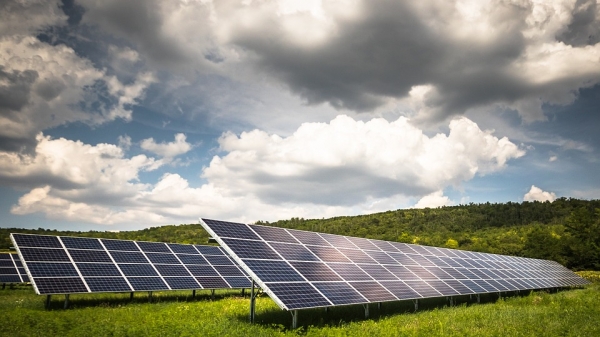In the arid regions of the American Southwest, an unseen world lies beneath our feet. Biocrusts, or biological soil crusts, are communities of living organisms. These industrious microbes include cyanobacteria, green algae, fungi, lichens and mosses, forming a thin layer on the surface of soils in arid and semiarid ecosystems.
Biocrusts play a crucial role in maintaining soil health and ecosystem sustainability, but they are currently under assault. Human activities including agriculture, urbanization and off-road vehicle use can lead to the degradation of biocrusts, having long-term consequences for these fragile environments. Climate change is also placing stress on biocrusts, which struggle to adapt to sunlight and searing heat in arid landscapes like the Sonoran Desert.
To help with this issue, Arizona State University researcher Ferran Garcia-Pichel and his students have proposed an innovative approach to restoring healthy biocrusts. The idea is to use new and existing solar energy farms as nurseries for generating fresh biocrust.
Read more at Arizona State University
Photo Credit: Zsuzska321 via Pixabay


